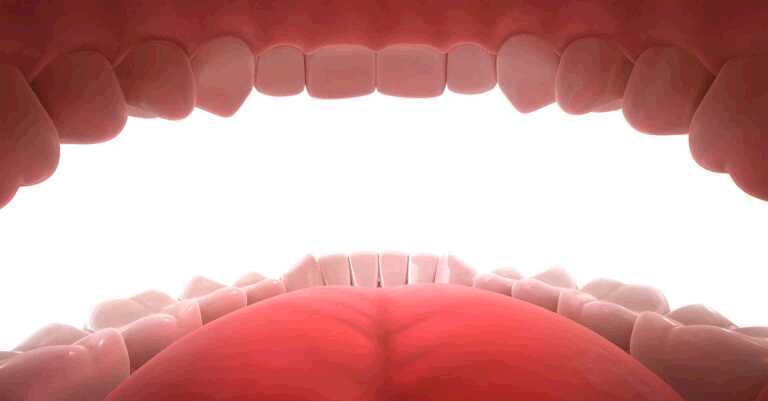
If you are having problems with your mouth that don’t quite seem to go away, no matter how well you brush or floss, it may be due to diabetes. Regardless of the type of diabetes, it appears that an impaired immune system, nerve damage, and high blood sugar levels all increase your risk of developing one of these five issues.
Let’s get to it!
1. Periodontal Disease
One of the most common oral complications of diabetes is an increased risk of developing periodontal disease. This condition that affects the jaw bones and gums can lead to bleeding, pain, infection, and bone and tooth loss. Of course, the disease is worse in those who have poor control of their blood sugar levels.

2. Dry Mouth
When your tongue sticks to the roof of your mouth like tacky vinyl, you probably have dry mouth problems. This symptom is often seen in those with undiagnosed diabetes. Not only is it uncomfortable, but it can lead to other problems such as:
- Irritation
- Pain
- Mouth ulcers
- Cavities
If you are a smoker with diabetes, your dry mouth symptoms will often be exacerbated.
3. Cavities
People with high blood sugar levels will also have high levels of glucose in their saliva, providing a warm, moist environment with plenty of food for bad bacteria to grow. As these bacteria form colonies, they produce plaque on your teeth and the acids they release eat away your tooth enamel. Eventually, this can cause cavities that require fillings.
4. Oral Burning
Some people with diabetes also report a burning sensation in their mouth connected to uncontrolled glucose levels. Those with oral burning may wake up with no symptoms, but start to appear in the course of the day. Oral burning feels like a continuous burning sensation. People may also have dry mouth and notice a bitter taste.
5. Oral Thrush
High salivary glucose levels also provide a growth medium for a type of yeast that is present in the mouth. Most parents are familiar with thrush as babies can develop it easily, but adults with diabetes and impaired immune systems can also get it. It is characterized by whitish or red patches on the tongue, cheeks, or hard palate. These patches may feel irritated or turn into open sores.
References